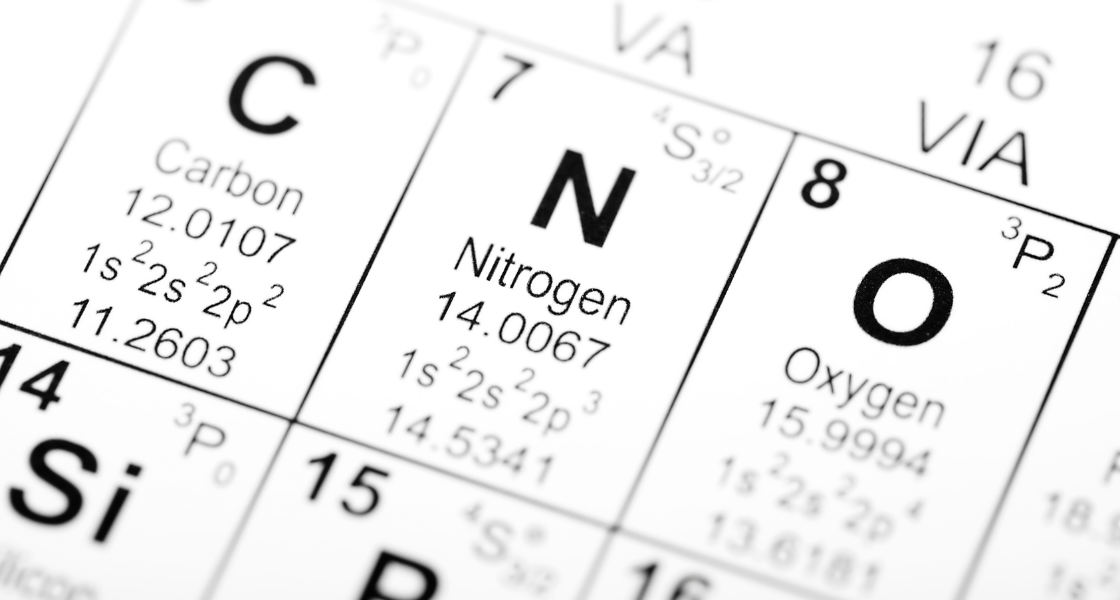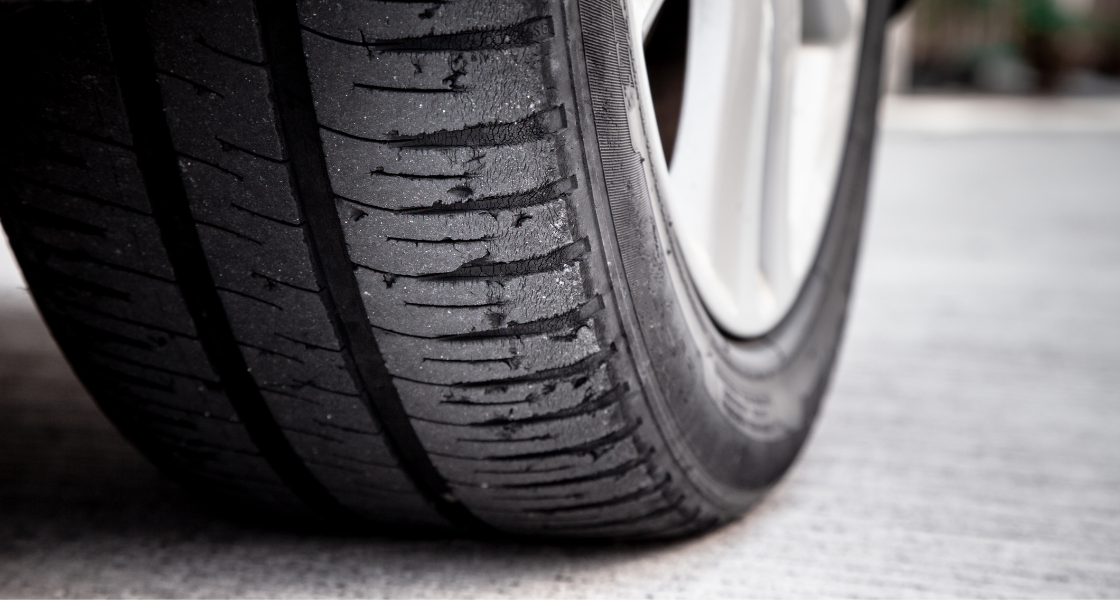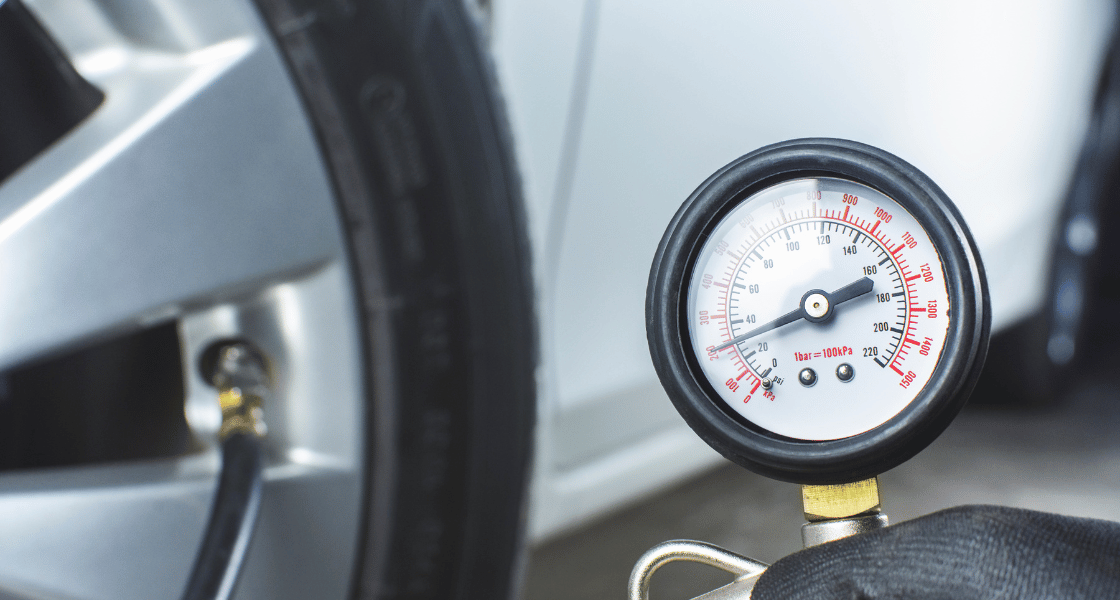Nitrogen tires have emerged as a revolutionary solution to combat the large environmental footprint of our vehicles.
While you may not think about how the air in your tires impacts the environment around you, some tire manufacturers have been using a secret weapon to reduce pollution — pure nitrogen. Yes, you read that right!
By swapping out regular air for nitrogen, these tires unleash a barrage of environmental benefits. With superior performance, better fuel efficiency, longer tire life, and a reduced carbon footprint, nitrogen tires are not just a fad but a crucial step towards a sustainable future.
In this article, we will unveil the untold story of nitrogen tires and how they may help save the environment!
What Makes Nitrogen Different From Air in Car Tires?
The air you breathe is not simply oxygen. Rather, it is a mix of several other gases, mainly consisting of 78% nitrogen and 21% oxygen. This same mix of nitrogen and oxygen is also used to fill regular tires.
For nitrogen tires, tire manufacturers use pure nitrogen. This purity brings several benefits to your car’s tires due to its unique chemical properties.

What are the Chemical Differences Between Nitrogen and Air?
Nitrogen and air have distinct chemical characteristics and effects on vehicle performance.
One notable difference is their molecular size — nitrogen molecules are larger than oxygen. This size disparity makes nitrogen less prone to escaping through the tire rubber compared to air pressure.
Another significant contrast is their reactivity. Nitrogen is considered an inert gas, meaning it is relatively non-reactive and does not readily participate in chemical reactions. This inertness makes nitrogen an ideal choice for tire inflation because it is not flammable, combustible or corrosive.
Regular air, on the other hand, is more reactive and contributes to corrosion and rusting.
How Does the Pressure Stability Differ Between Nitrogen and Air-Filled Tires?
Due to their chemical differences, nitrogen and regular tires exhibit various pressure stabilities.
Tires filled with air can have their tire inflation pressure change by slowly leaking air or from temperature changes.
Nitrogen is much less affected by these common pressure factors. Due to its molecular size, nitrogen doesn’t easily seep out of your tire because it can’t permeate the rubber walls of your tire as easily as oxygen. As a result, nitrogen tires lose their pressure 40% slower than air-filled tires.
Additionally, nitrogen’s inert properties mean that tires won’t vary their pressure as much as air in response to changing weather. So, even on cold days, your tire pressure will be much more stable with nitrogen than with air.
Nitrogen has taken the crown of the ideal inflation gas for high performance tires because its stability can be relied on even in the most extreme of circumstances or temperature changes.
How Can Nitrogen in Tires Help in Achieving Better Energy Efficiency?
Nitrogen tires have emerged as a game-changer in the automotive industry, not only for their environmental benefits but also for their potential to enhance fuel efficiency.
Nitrogen filled tires can improve fuel proficiency by up to 10%. This remarkable increase is attributed to the pressure stability that nitrogen provides, which reduces friction between the tire and the road.
As a result, vehicles equipped with nitrogen tires experience reduced drag, allowing the engine to work more efficiently and consume less fuel.
Thus, nitrogen tires lead to better fuel economy by making it easy to keep proper inflation pressure.

How Does Consistent Tire Pressure Contribute to Environmental Sustainability?
Consistent tire pressure helps protect the environment by reducing the amount of fuel wasted by under-inflated tires.
As we saw earlier, nitrogen improves fuel economy by keeping tires properly inflated. When tires are under-inflated, fuel economy is not maximized and more gas is used to travel the same distance, resulting in waste.
A study of European drivers found that 93.5% of cars had under-inflated tires leading to 2.14 billion gallons of fuel to be used unnecessarily (Source: The Christian Science Monitor). Moreover, experts believe a comparable number of Americans are also using under-inflated tires. By using more nitrogen, you can maximize your fuel economy and reduce the impact your vehicle has on the environment.
How Does Nitrogen Reduce Premature Tire Wear?
Nitrogen-filled tires can help reduce tread wear on your wheels through two primary mechanisms: maintaining stable tire pressure and resisting oxidation.
One of the key advantages of nitrogen is its ability to provide a more stable tire pressure compared to air.
Stable tire pressure is important for optimal tire performance and longevity. When air pressure is too low in your tire, it can flex excessively, leading to increased rolling resistance, uneven wear, and reduced fuel efficiency.
Nitrogen’s resistance to pressure fluctuations helps maintain a consistent pressure, ensuring that the wheels maintain the correct contact patch with the road surface. This protects tire tread wear, maximizing vehicle tire life and performance.
In addition to maintaining stable pressure, nitrogen-filled tires also resist corrosion.
On the other hand, air filled tires contain oxygen and water vapor, which can lead to corrosion and degradation of various tire components over time by causing dry rot, cracking, and reduced tire life for your vehicle.
By filling tires with nitrogen, the oxygen and water vapor are significantly reduced, minimizing the potential for corrosion, and preserving the integrity of your tire’s rubber components. This helps prevent premature tire aging and deterioration, ultimately leading to extended tire life for your vehicle.

What are the Environmental Benefits of Reducing Tire Wear?
Improving your tires’ longevity and keeping them from being worn out can both save you the cost of new tires and the environment.
Reducing tire tread wear minimizes the number of times you must buy new tires and more importantly, the number of tires populating our landfills. This approach allows us to maximize our rubber resources in an environment-conscious way.
Start Filling Your Tires With Nitrogen, the More Eco-Conscious Choice!
Choosing to fill your tires with nitrogen instead of regular air presents a more eco-conscious option with several benefits. By opting for nitrogen, vehicle owners can contribute to reducing tire waste and promoting sustainable practices.
Embracing this eco-friendly choice not only benefits your vehicle’s performance and safety but also contributes to a greener and more sustainable future. Start filling your tires with nitrogen and make a positive impact on both your driving experience and the environment.
At Fuel and Tire Saver, we offer a nitrogen tire inflation service as a cost-effective solution for optimizing tire performance!
Our team is committed to the science behind nitrogen tire inflation and can work with you to develop a customized tire maintenance plan that meets the unique needs of your fleet.
Contact Fuel and Tire Saver and check out our resources page to learn more about our nitrogen-filled tires and how we can help keep your fleet rolling smoothly!
References
- EarthTalk: Is nitrogen better than air for filling car tires? — Access date: 14 June 2023.
- Fill your tires with nitrogen for increased longevity, fuel efficiency — Access date: 14 June 2023.
- Nitrogen in Tyres and Road Safety – Arrive Alive — Access date: 14 June 2023.
- Should You Really Put Nitrogen in Your Car Tires? — Access date: 14 June 2023.


